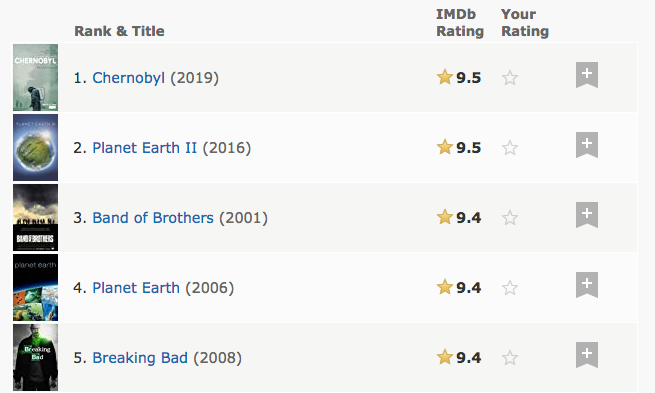Update 2020-01-04: This essay contains a number of important mistakes. See Correction on Giving Now vs. Later.
Disclaimer: I am not an investment advisor and nothing in this essay serves as investment advice.
Introduction
Robin Hanson: If More Now, Less Later
The rate of return on investment historically has been higher than the growth rate–or, as they say, r > g. If you save your money to donate later, you can earn enough interest on it that you eventually have the funds to donate a greater amount. Because r > g, you should invest your money for as long as you can before donating–or so the argument goes.
Traditionally, we’d apply a discount rate of g to future donations, because that’s the rate at which people get richer and therefore the rate at which money becomes less valuable for them. But this ignores some important factors that affect how much we should discount future donations, and we can create a much more detailed estimate. This essay will explore that in detail. Exactly what factors determine the investment rate of return and the discount rate on poverty alleviation? Can we gain any information about which is likely greater?
Continue reading

